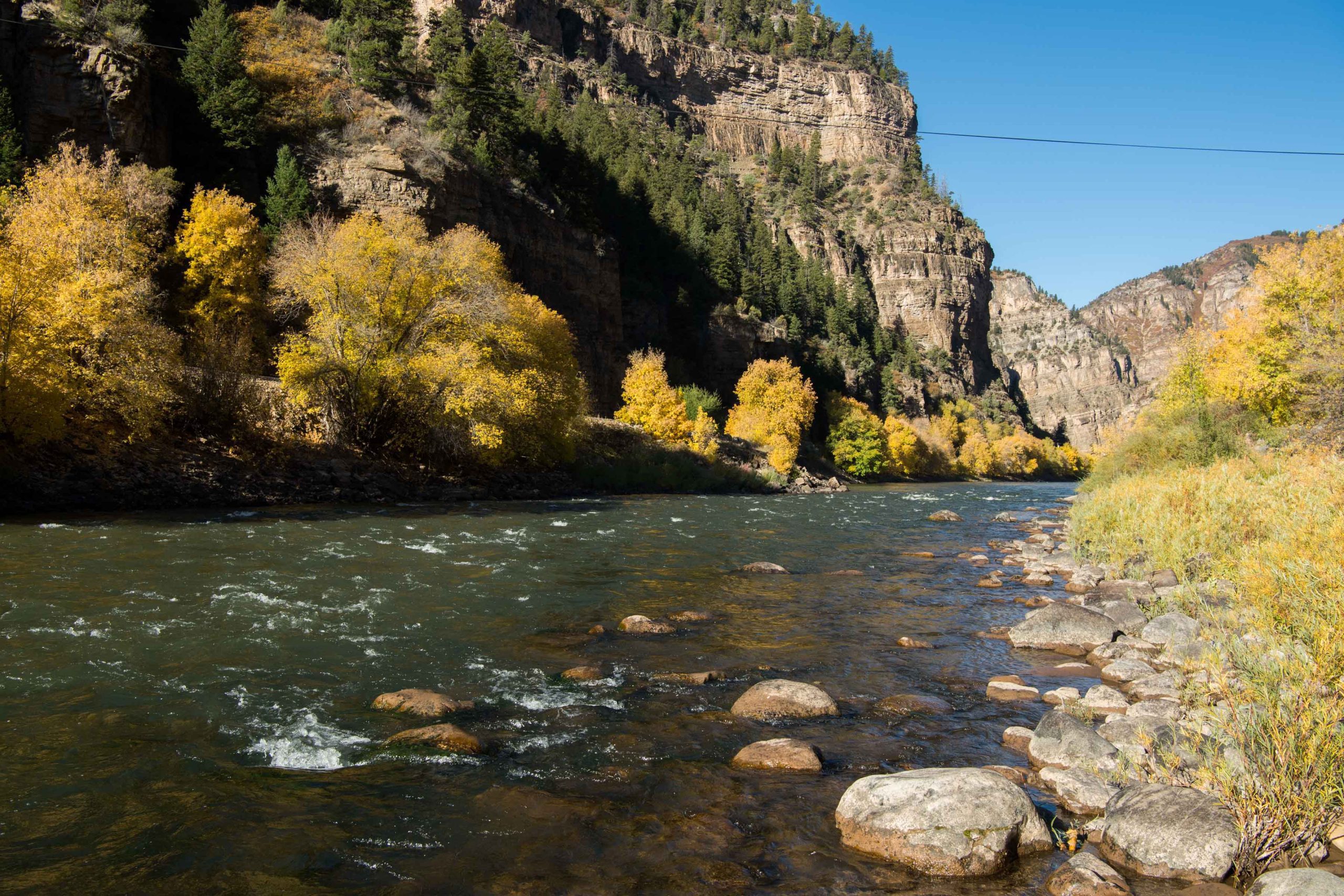October 20, 2023 — The Biden-Harris administration is developing future operating guidelines  and strategies to ensure the stability and sustainability of the Colorado River system, enhancing water security in the Western United States. These guidelines, set to replace the 2007 Colorado River Interim Guidelines for Lower Basin Shortages and the Coordinated Operations for Lake Powell and Lake Mead, will be implemented in 2027.
and strategies to ensure the stability and sustainability of the Colorado River system, enhancing water security in the Western United States. These guidelines, set to replace the 2007 Colorado River Interim Guidelines for Lower Basin Shortages and the Coordinated Operations for Lake Powell and Lake Mead, will be implemented in 2027.
Public Input Informs Decision-Making.
The Department of the Interior’s Bureau of Reclamation has published a Proposed Federal Action and Scoping Summary Report related to Colorado River Basin operations post-2026. Public input gathered during a 60-day scoping period will inform the development of these post-2026 operating guidelines. This process is separate from ongoing efforts to address immediate challenges in the Colorado River Basin.
Investment in Water Infrastructure.
To safeguard the Colorado River system and enhance climate resilience, the Biden administration is investing significantly in water infrastructure. Through the Bipartisan Infrastructure Law, $8.3 billion will be allocated over five years for water-related projects, including purification, storage, and conservation. Additionally, the Inflation Reduction Act is providing $4.6 billion to address drought and fund water conservation efforts across the Colorado River Basin.
Importance of the Colorado River Basin.
The Colorado River Basin supplies water to approximately 40 million people, 30 Tribal Nations, agricultural lands, and ecological resources across Western states and Mexico. Prolonged drought and climate change have led to historically low reservoir levels at Lake Powell and Lake Mead.
Collaborative Planning for the Future.
The post-2026 planning process builds on collaborative efforts to address water conservation and sustainability in the Colorado River Basin. Stakeholders from across the Basin have worked to create a consensus for water conservation efforts through the end of 2026. The post-2026 process will develop guidelines for the period following the expiration of these interim guidelines.
Investments in Water Savings.
The Interior Department has announced several investments for Colorado River Basin states , aiming to save hundreds of thousands of acre-feet of water each year through projects such as water recycling, conservation, infrastructure repairs, drought resiliency, and more.
, aiming to save hundreds of thousands of acre-feet of water each year through projects such as water recycling, conservation, infrastructure repairs, drought resiliency, and more.
Future Planning Process.
The post-2026 process is a multi-year effort that will identify various alternatives for the operations of Lake Powell, Lake Mead, and other water management actions for potentially decades into the future. Reclamation will use the best-available science to develop a draft environmental impact statement (EIS) and engage the public for feedback. The final EIS and Record of Decision are expected in late 2025 and early 2026, respectively.
International Collaboration.
While the post-2026 process focuses on domestic operations, the Biden-Harris administration remains committed to collaborating with Mexico through the International Boundary and Water Commission under the 1944 Water Treaty, ensuring continuity in binational efforts to manage the Colorado River.
Image:
The Colorado River near Glenwood Springs, Colorado , Bureau of Reclamation press release.
, Bureau of Reclamation press release.


Leave a Reply